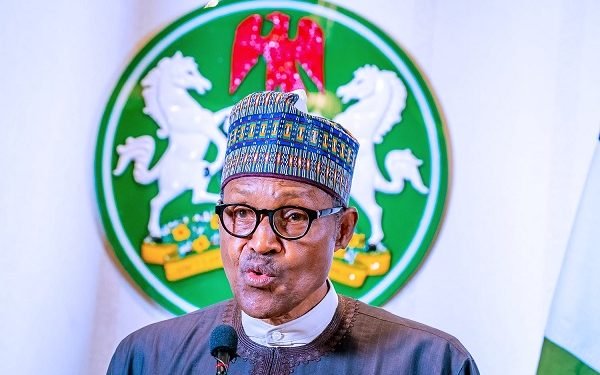The special rapporteurs are: Ms. Koumbou Boly Barry, Special Rapporteur on the right to education; Mr. Dainius Puras, Special Rapporteur on the right to health; and Mr. Olivier De Schutter, Special Rapporteur on extreme poverty and human rights.
In the revised 2020 budget approved yesterday, the Federal Government reportedly gave the National Assembly N27bn for the renovation of its complex, and cut health, Universal Basic Education budgets by over 50 percent. While the health budget is reduced from N44.4bn to N25.5bn, the UBE budget is reduced from N111.7bn to just N51.1bn.
In the urgent appeal dated June 3, 2020, and signed by SERAP deputy director Kolawole Oluwadare, the organization said: “Nigerian authorities are putting politicians’ allowances and comfort before citizens’ human rights. The budget cuts show failure to address the growing economic and social inequality in the country, and to genuinely address the consequences of COVID-19 on the poor and marginalized groups.”
According to SERAP: “Nigeria’s budget deficits are caused by excessive expenditures on politicians’ allowances and mismanagement. Nigerian authorities would only be able to commit to fiscal discipline if they prioritise cutting the allowances of lawmakers and the costs of governance in general, rather than cutting critical funding for healthcare and education.”
SERAP said: “We believe that alternative policies and measures, such as reducing the costs of governance, including the excessive allowances for high-ranking public officials and the lawmakers, would have been a more appropriate solution to addressing budget deficits, as this would increase the available resources for healthcare and education, which in turn would contribute to reducing socio-economic inequality.”
The urgent appeal, read in part: “Nigerian authorities also ought to show that the budget cuts to healthcare and education are necessary and proportionate, in that they must be justifiable after the most careful consideration of all other less restrictive alternatives, for example excessive allowances for Nigerian lawmakers, and excessive costs of governance, in general.”
“According to SERAP’s information, criteria established in international standards have not been duly justified in the implementation of the budget cuts to healthcare and education. Instead, the cuts appear to be discriminatory against those most vulnerable to poverty and exclusion, and are not protective of the minimum core content of several human rights.”
“One of the pillars of the protection of the rights to healthcare and education is the obligation to progressively realize the rights set out in the International Covenant on Economic, Social and Cultural Rights, making use Nigeria’s maximum of available resources.”
“The budget cuts by Nigerian authorities are therefore of special concern as they directly affect the minimum core content of these rights, and impact directly or indirectly and disproportionally on those individuals already discriminated against or living in most vulnerable situations.”
“The number of Nigerians living in extreme poverty has increased since May 2015. The reduction in healthcare and education budgets would exacerbate the prevailing inequalities, poverty, and create a vicious circle of reduction in spending, and increments in socio-economic inequalities.”
“Without your urgent intervention, the Nigerian government and National Assembly would continue to spend the country’s maximum available resources to satisfy the opulent lifestyles of politicians rather than complying with Nigeria’s international human rights obligations to respect, protect, promote and fulfil the rights to healthcare and education the poor and marginalized groups.”
“In compliance with article 2.2 of the Covenant, and the provision on progressive realisation of the rights to healthcare and education, States including Nigeria government and the National Assembly should not adopt impermissible retrogressive measure, unless strictly justifiable.”
“Retrogressive measures, meaning taking steps that would reduce the enjoyment of the rights to healthcare and education, are only permissible under certain strict circumstances.”
“SERAP believes that the onus is on the Nigerian government and the National Assembly to demonstrate that their proposed budget cuts will meet all their human rights obligations, notably by ensuring that measures during times of acute economic distress are legitimate, with the ultimate aim of protecting the totality of human rights.”
“SERAP believes that the budget cuts undermine the minimum core content of the rights to healthcare and education, and are discriminatory, in so far as they would increase socio-economic inequalities and undermine the rights of disadvantaged and marginalized individuals and groups, who will be disproportionately affected by the cuts.”

